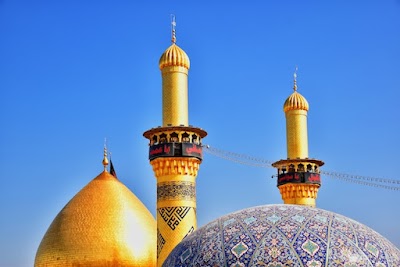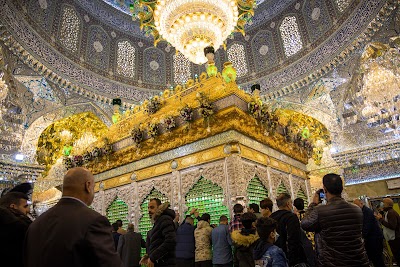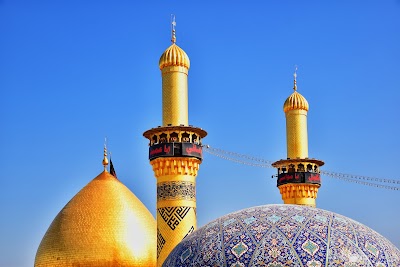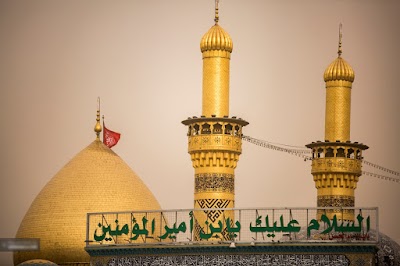Karbala Museum (متحف كربلاء)
Overview
Karbala Museum: A Journey into History and Faith
Nestled in the heart of Karbala, Iraq, the Karbala Museum stands as a testament to the rich cultural and religious heritage of the region. Established in 2010, this museum is not only a haven for history enthusiasts but also a pilgrimage site for millions of Shia Muslims who come to honor the martyrdom of Imam Hussein, the grandson of the Prophet Muhammad. The museum is strategically located near the revered Imam Hussein Shrine, making it an integral part of the spiritual and cultural landscape of Karbala.
As you step inside the museum, you are greeted by a serene atmosphere that invites reflection and reverence. The museum houses an extensive collection of artifacts that date back to ancient Mesopotamia and Islamic history. Among the most notable exhibits are the relics from the Battle of Karbala, which took place in 680 CE. These artifacts include manuscripts, coins, and personal items that belonged to the martyrs of the battle, providing a poignant connection to the events that shaped Islamic history. Each item is displayed with informative signage that explains its significance, allowing visitors to gain deeper insights into the narratives that have influenced religious thought and practice in the region.
The architectural design of the Karbala Museum is equally captivating. The building features traditional Islamic motifs, with intricate tile work and geometric patterns that reflect the artistry of Iraqi craftsmanship. The layout of the museum is thoughtfully organized, guiding visitors through various sections that cover different historical periods and themes. From ancient civilizations to the Islamic Golden Age, and the pivotal events surrounding the martyrdom of Imam Hussein, the museum offers a comprehensive overview of the region's history, making it accessible to visitors unfamiliar with the complexities of Iraqi heritage.
In addition to its permanent exhibits, the Karbala Museum also hosts temporary exhibitions, educational workshops, and cultural events that aim to engage the community and foster understanding among diverse audiences. This dynamic approach not only enhances the visitor experience but also emphasizes the museum's role as a center for cultural exchange and dialogue. For travelers looking to deepen their understanding of Iraqi culture, participating in these events can provide invaluable perspectives and connections.
Visiting the Karbala Museum is more than just an educational experience; it's an opportunity to witness the resilience and faith of the Iraqi people. As you explore the exhibits, take a moment to reflect on the stories of sacrifice and devotion that continue to inspire millions around the world. Whether you are a history buff, a spiritual seeker, or a curious traveler, the museum offers a unique glimpse into the heart of Karbala and its enduring legacy.
As you plan your visit, keep in mind that the museum can be quite busy during religious observances, particularly during Ashura, when pilgrims flock to Karbala to commemorate the martyrdom of Imam Hussein. It is advisable to check the museum’s hours and any special events that may coincide with your travel dates. Engaging with local guides can also enrich your experience, providing context and stories that may not be found in the displays alone.
In conclusion, the Karbala Museum is an essential stop for anyone traveling to Karbala. With its profound historical significance, captivating artifacts, and commitment to cultural dialogue, it serves as a bridge connecting the past with the present, inviting visitors from around the globe to explore the rich tapestry of Iraqi history and spirituality.






